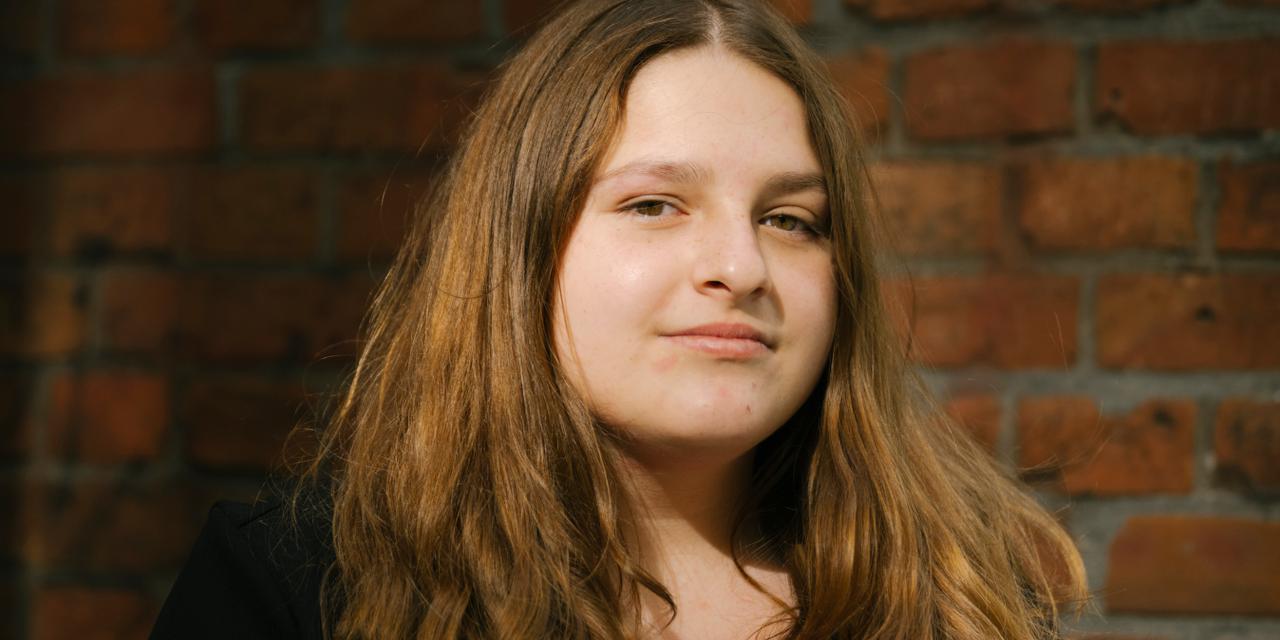


In Western Germany, the AfD is increasingly appealing to women
FeatureThe far-right party doubled its number of local councilors in Duisburg and Hagen in mid-September.
Monique Trump: It is hard to go unnoticed with a name like that. "Google me, you will find me quickly," joked the baby-faced 21-year-old, who is set to represent the far-right Alternative for Germany (AfD) on Duisburg's city council. She was elected on September 14 in this former industrial city of 500,000 residents, alongside 21 other AfD members − more than doubling the party's seats in five years.
For the first time in Duisburg, as well as in two other cities in the Ruhr region – a traditional stronghold of the Social Democratic Party (SPD) – the AfD qualified for the second round of the mayoral election (held separately from the city council election), which will take place on Sunday, September 28, in Germany's most populous state, North Rhine-Westphalia.
Trump was not at the top of the AfD's list in Duisburg. And yet, her candidacy is not exceptional: Nearly one-third of AfD councilors are women. In the 2020 elections, only two out of a total of 10 elected AfD officials were women.
'A party of men'
"If the AfD is a party of men at the federal level, the profile of the candidates in North Rhine-Westphalia is different locally," said Andreas Blätte, chair of the School of Governance at the University of Duisburg-Essen. "A quarter of AfD candidates in local elections – mayoral or neighborhood council – are women. That's fewer than in the left-wing parties or the Greens, but almost as many as among the conservatives in the CDU [Christian Democratic Union] or the liberals in the Free Democratic Party (FDP). And that is new." Blätte's research has also revealed a growing share of candidates with immigrant backgrounds. "This shows that the AfD can reach a diverse audience by speaking a different language. That does not, however, make it a progressive party."
You have 72.42% of this article left to read. The rest is for subscribers only.
